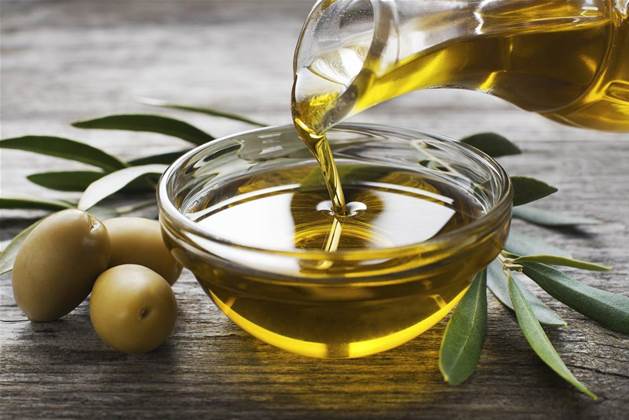Olives are hardy trees well suited to Australia’s climate, but for the country’s largest producer that means it can be hard to spot the impacts of drought until it’s too late to protect yields.

Boundary Bend, the company behind brands like Cobram Estate and Red Island, is undertaking an exhaustive review of the agtech solutions targeting water efficiency to better understand the relationship between water use and productivity.
The survey is set to take into account a range of systems, such as remote sensing from satellites and aerial surveys and low-cost sensors below ground level to measure the impact of different irrigation programs’ effects on tree health, yield, and oil quality.
As large parts of Australia still face ongoing drought conditions, Boundary Bend’s goal is to develop irrigation regimes that use less water but retain optimum productivity.
The trial is supported by the NSW Department of Primary Industries, Central Queensland University, Australian Olive Association, and CERES airborne imaging, and led by the University of New England’s Applied Agricultural Remote Sensing Centre (AARSC).
AARSC’s trials will also be used to evaluate competing brands of low-cost sensors for monitoring soil and tree health to determine which are the most practical, reliable and cost-effective solutions.
While Boundary Bend already has programs in place to monitor tree health and productivity, grove manager Rachel Walker said the remote sensing is an interesting tool for accurately measuring relationships that can’t easily be seen.
"We're interested in refining how we apply water during crop development, when there are critical stages during which the tree's olive-bearing capability is set according to the amount of water available to it," Walker said
"Olives are hardy trees, so we often can't detect a problem that will reduce yield with the naked eye.
“Remote sensing is exciting, because the sensors allow us to see when parts of a grove are stressed even though we can't see that on the ground."
And although Boundary Bend’s groves are already highly efficient, balancing water efficiency and oil quality across 2 million trees should have significant outcomes for its bottom line.
Leandro Ravetti, Boundary Bend's technical director, added that the project will also complement the company’s existing innitiatives to reduce the environmental impacts of olive oil production.
"We have been working for years now to achieve a waste zero operation improving the utilisation of our by-products and carrying out practices to boost our carbon sinking capabilities,” he said.
"The incorporation of remote sensing to our irrigation and fertilisation standard operational procedures is just a natural progression of our philosophy of trying to utilise all tools available to maximise returns per unit of water or fertiliser applied minimising the chances of any wastage.”


_(20).jpg&h=140&w=231&c=1&s=0)

_(23).jpg&h=140&w=231&c=1&s=0)






 iTnews Benchmark Awards 2026
iTnews Benchmark Awards 2026
 iTnews Executive Retreat - Security Leaders Edition
iTnews Executive Retreat - Security Leaders Edition
 iTnews Cloud Covered Breakfast Summit
iTnews Cloud Covered Breakfast Summit
 The 2026 iAwards
The 2026 iAwards












_(1).jpg&h=140&w=231&c=1&s=0)



